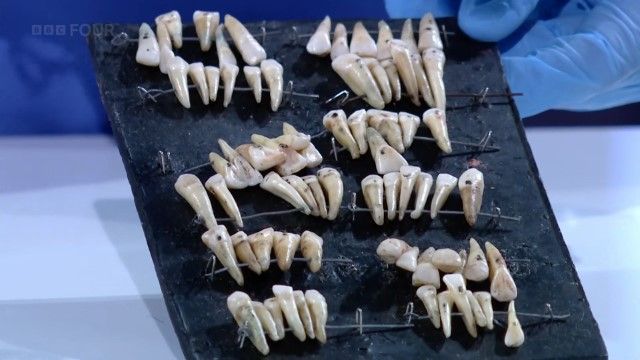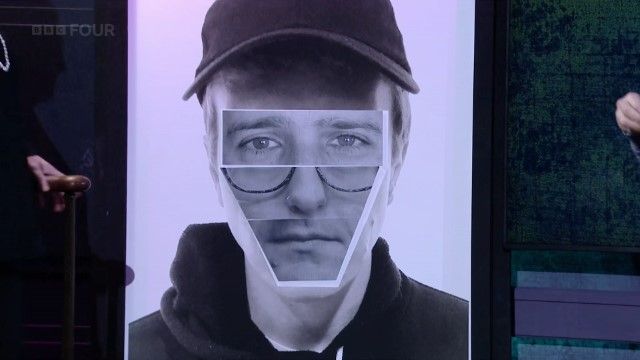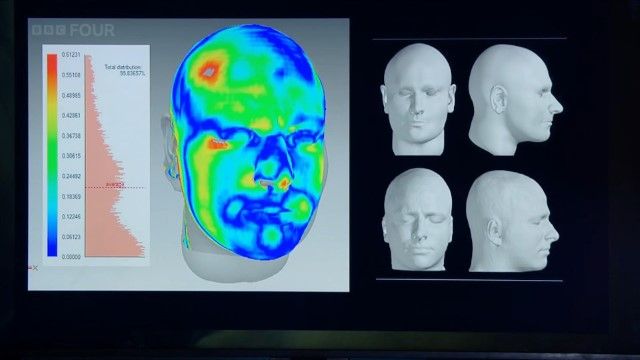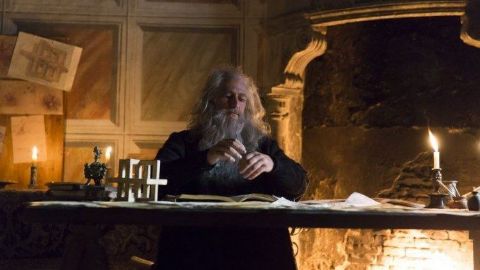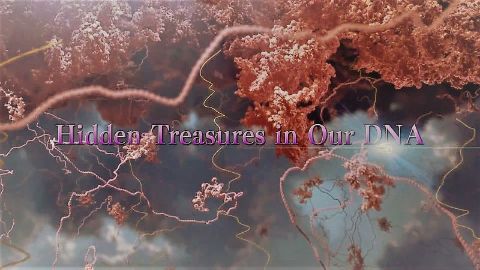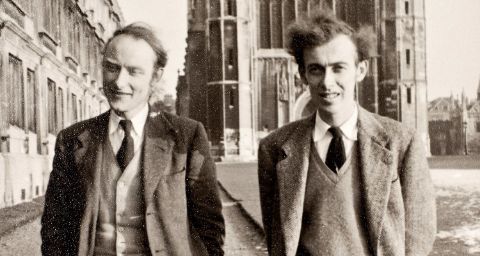Missing Body • 2022 • episode "S1E2" • Secrets of Forensic Science
Professor Sue Black investigates a Christmas murder mystery to show how serious crimes are solved when there isn't a body. Sue is joined by an expert team including leading police specialists, forensic scientists and an award-winning dog. Assisting them, the audience help to unravel the mystery, using the latest forensic cameras, fingerprint techniques and DNA analysis. Remarkable soil analysis shows how a suspicious pair of muddy boots can be traced back to the most precise location. With insights into real serious crime investigations, Sue and her team draw on all their experience to solve the mysterious case.
Make a donation
Buy a brother a hot coffee? Or a cold beer?
Hope you're finding these documentaries fascinating and eye-opening. It's just me, working hard behind the scenes to bring you this enriching content.
Running and maintaining a website like this takes time and resources. That's why I'm reaching out to you. If you appreciate what I do and would like to support my efforts, would you consider "buying me a coffee"?
Donation addresses
BTC: bc1q8ldskxh4x9qnddhcrgcun8rtvddeldm2a07r2v
ETH: 0x5CCAAA1afc5c5D814129d99277dDb5A979672116
With your donation through , you can show your appreciation and help me keep this project going. Every contribution, no matter how small, makes a significant impact. It goes directly towards covering server costs.
